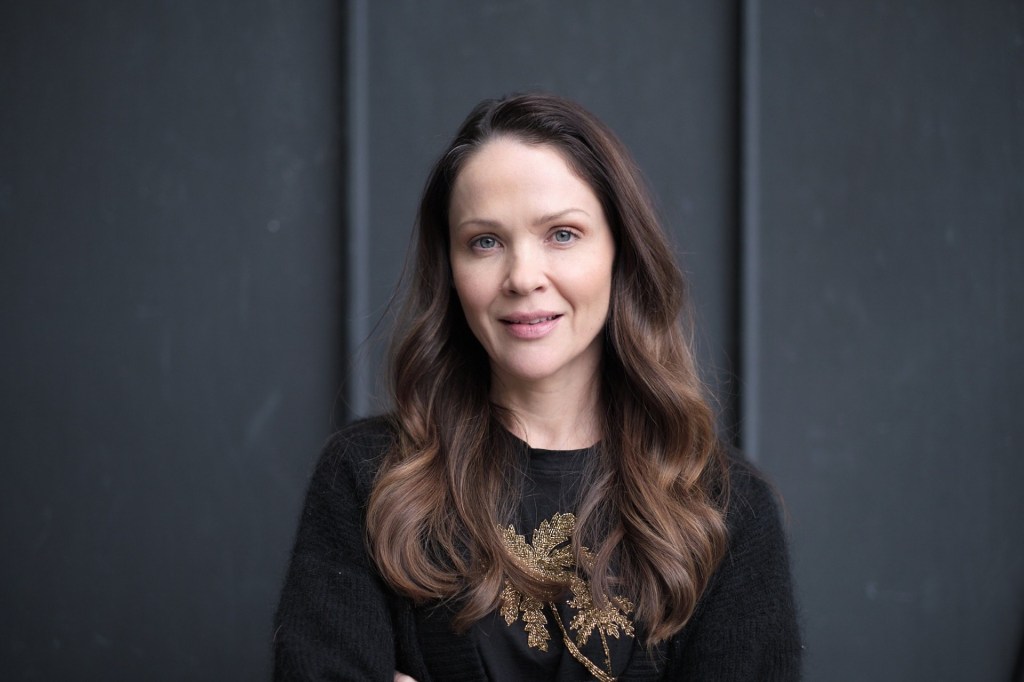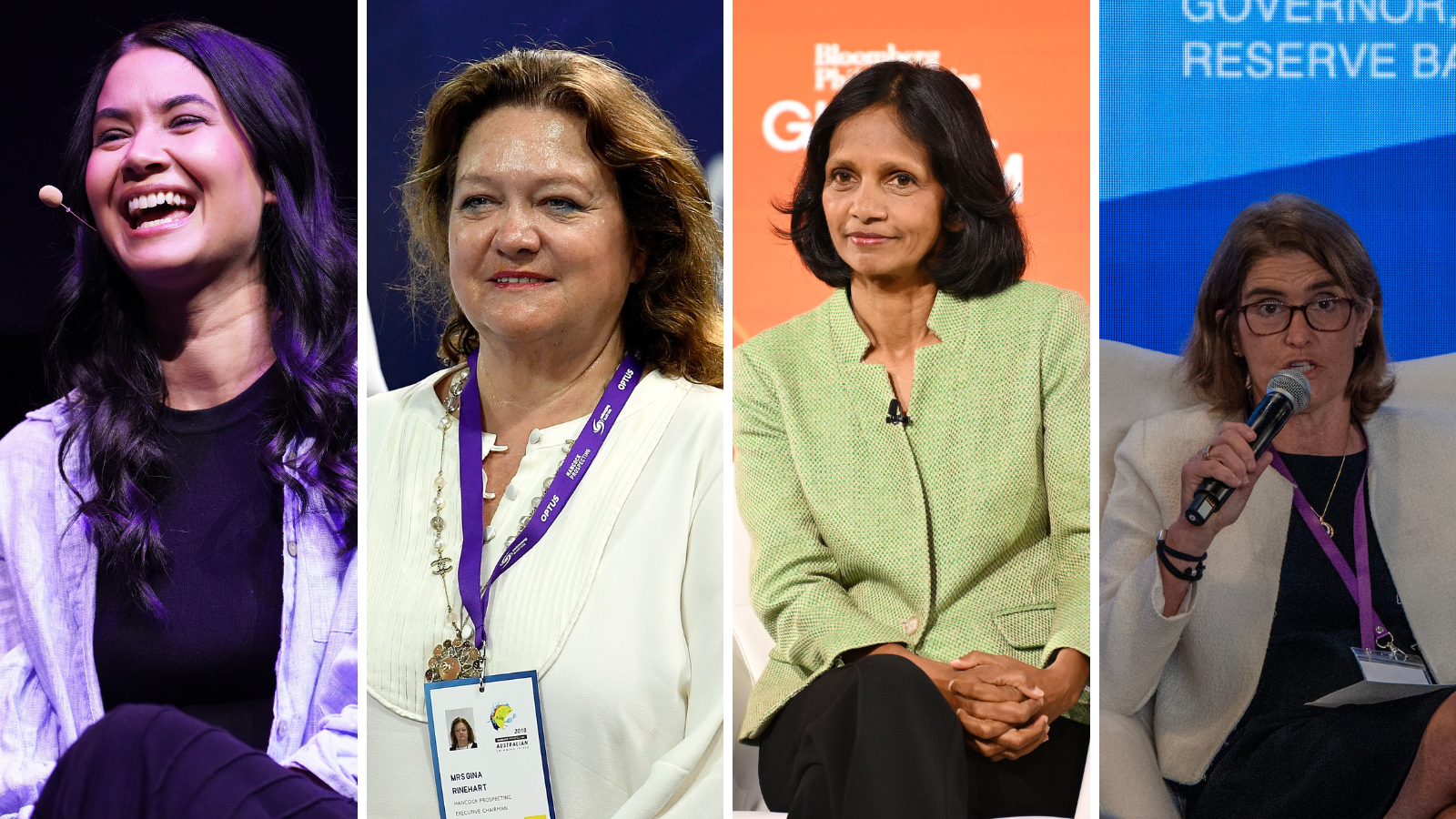If organisations and governments don’t prepare for coming changes, we risk AI giving us more time but less belonging, leaving societies lonelier, less trusting, and less resilient, writes Greta Bradman.

We know work is being reshaped by AI. Change – good and bad – is always hard, because uncertainty is hard.
Thankfully, the conversation around preserving the mental well-being of those who experience career disruption due to AI is underway. The population-level impact of living through this period of next-level change-meets-uncertainty, however, is in my professional opinion, not being adequately addressed.
As a practising psychologist and artificial intelligence researcher in HR tech, I’m of the belief we need to safeguard population-level wellbeing.
The clinical perspective
In psychology, there’s a ‘major life events scale’ used to evaluate someone’s likelihood of being under stress.
Over the coming months and years, it’s likely that AI will shift how work serves connection, sense of self, and meaning at a population level. These critical drivers of wellbeing can in turn impact our performance, productivity, and social cohesion.
At times of change, our community, identity through life and work roles, and purpose become our rudder.
Work is particularly relevant because over recent decades, many of us have invested more of our identity in our jobs. Community and what it brings (identity, connection, purpose) once built in neighbourhoods, extended families, clubs, or faith settings, is now often tied to work.
When work shifts, the ripples reach far beyond paychecks – to who we believe ourselves to be, and to our happiness, contentment, sense of self, and our mental health and wellbeing.

Martin Seligman’s PERMA model — Positive emotion, Engagement, Relationships, Meaning, and Accomplishment — lays out the building blocks of wellbeing. It is a roadmap for an individual to ‘flourish’ and a model used in research, psychology practice, and in shaping government policy.
Work is a place where many tap into these building blocks; from the satisfaction of accomplishment, to flow states of deep concentration, to the meaning found when contributing to something larger than ourselves.
This year, the World Economic Forum projected that “boosting workplace wellbeing could help the global economy grow by USD $11.7 trillion.”
Safeguarding human capacity for creativity, collaboration, and resilience will become increasingly crucial and complex for the sake of performance and productivity all the way from the individual to the economy.
Flourishing in this new reality
At work, flourishing will mean more than avoiding burnout. It will mean actively cultivating environments where people still experience flow, belonging, and purpose – even as their tasks and roles evolve.
It will mean doubling down on human connection by using stories as bridges, as Esther Perel puts it, so that employees feel part of something that matters. Human flourishing in an AI-enabled workplace will require leaders not only to safeguard well-being, but also to cultivate uniquely human contributions at work, such as creativity, leadership, empathy, and collaboration.

At a societal level, flourishing will require governments, research institutes, peak bodies, and not-for-profits to plan for population-level mental wellbeing in a rapidly changing labour market. That includes investing in new ways to connect people with one another and with sources of meaning beyond work, such as the creative industries, civic participation, and new forms of community life.
Equally, we need more mental health advocates and professionals at every level – policy, community, organisational – engaging deeply with and using AI. If you’re discussing it, use it. Not to become technologists, but to gain fluency in how AI works and is deployed so that wellbeing supports are relevant, responsive, and realistic.
This is where cultural custodianship matters. As humans and AI systems work more closely together, the healthiest organisations will amplify and protect the best of human culture: embedding values into decisions, fostering inclusion and belonging, and deploying AI in ways that strengthen – not erode – the conditions for meaning.
At Culture Amp, we’re exploring this with our AI Coach: a conversational interface designed to democratise access to workplace coaching and assist day-to-day work while supporting longer-term performance for individuals, teams, and the organisation. Retaining human agency – keeping humans meaningfully in the loop – is critical to responsible AI at work; for business success and for collective wellbeing.
With all this in mind, governments and associated bodies must work together with both the mental health sector and the forums responsible for charting the future of work. Without this cross-disciplinary perspective spanning the drivers and mitigants of mental wellbeing, ill-health, and the realities of AI at work, we risk being caught underprepared for the psychological impact of workforce change at scale.

If organisations and governments don’t prepare for coming changes, we risk AI giving us more time but less belonging, leaving societies lonelier, less trusting, and less resilient.
If we rise to the challenge, however, we have the chance to create workplaces and societies where AI enables us to flourish: where technology takes on the repetitive and the mechanical, and human beings are freed to pursue connection, creativity, and meaning.
For people leaders and policymakers, this means: measuring flourishing not just output; understand its drivers; and monitor trendlines. Help cultivate rituals of connection – structured storytelling that deepens trust and traverses belief-based gullies. Leverage the power of arts participation – live music and visual art – as a modern bastion of connection and meaning.
The choice is ours: let AI set the terms of work, or set them ourselves – so people, supported by AI, can truly thrive.
Look back on the week that was with hand-picked articles from Australia and around the world. Sign up to the Forbes Australia newsletter here or become a member here.


